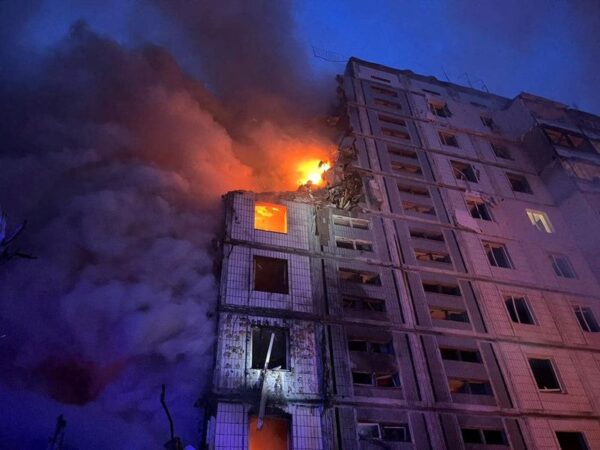New air quality norms released by the planet Health Organization on Wednesday are likely to ignite a fresh round of dialogue on pollution in India. These norms would make India appear worse than it already looked under the prevailing norms. Considering the present situation, even the older WHO norms were beyond India’s reach within the foreseeable future. The new standards are unlikely to be achieved for several years.
Beyond that, the revised standards are an acknowledgment of the mounting scientific evidence that points to a way higher risk to human health from pollution than was earlier known. the acceptable response, therefore, would be a more focused effort to mitigate these risks and stop the loss of lives.
There is unlikely to be any dramatic improvement in India’s air quality, albeit a concerted effort was initiated immediately. the standard of air depends on a spread of activities and wishes to be tackled at source. for instance , one cannot expect clean air, when the environment are filthy, or the standard of roads aren’t good.
Also, the trouble to enhance air quality comes in direct conflict with another objectives, like the necessity to make sure that our industry remains competitive within the short term. that’s the rationale why we’ve seen repeated relaxations, or extensions of deadlines, in implementing more stringent emission norms surely industries.
But there also are several areas where clean air comes out as collateral benefit. Several flagship government programmes – Swachch Bharat, Namami Gange and other river and lake cleaning projects, Smart City Mission, building of highways and expressways, the push for electric vehicles – would all cause a big improvement in air quality, not just in big metros which remain the main target of all debates on pollution , but across the country.
The Ujjwala scheme would probably have already started making a difference within the households where traditional cooking fuel has been permanently replaced by LPG within the previous couple of years. The health impacts of indoor pollution aren’t alright appreciated even now, but study after study has shown that it’s as big a killer as outdoor pollution .
The faster India moves ahead on these projects, the quicker it’s likely to ascertain improvements in air quality. The fallout of those projects on air quality is predicted to be far greater than any fancy ideas like artificial rain or an odd-even scheme for personal transport.







